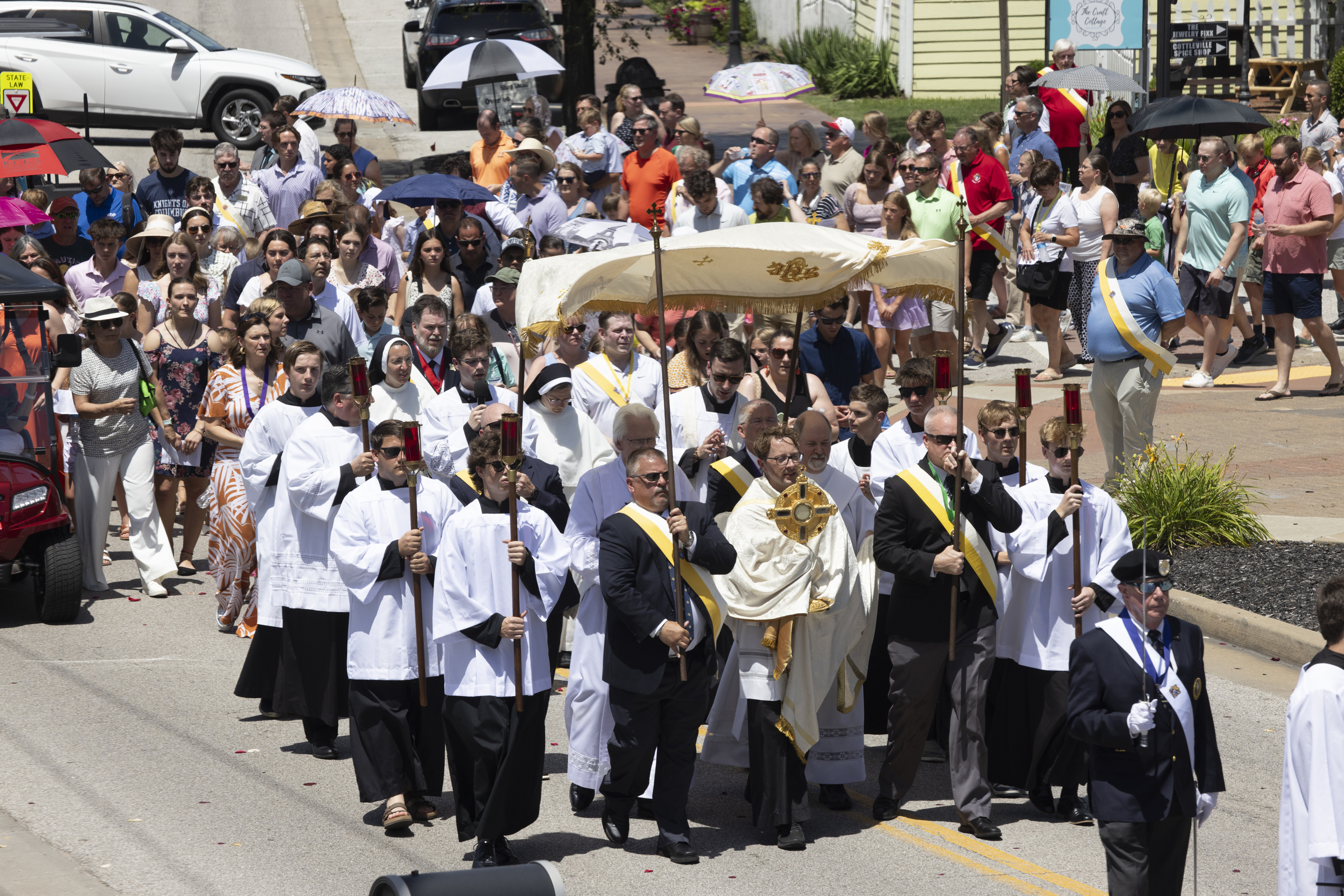Missouri health department to file emergency rules related to abortion complication plans
The state health department will file emergency rules to establish new standards for abortion facilities and hospitals in how they deal with complications that arise from performing abortions.
Abortion doctors will be required to have an OB/GYN or group of OB/GYNs on call 24 hours a day, seven days a week, to treat any complications related to the prescription or administration of abortion-inducing drugs. The details were outlined in a memo to physicians, abortion facilities and hospitals Oct. 2.
The health department said it would file emergency rules on Oct. 24 to establish the standards for complication plans. The memo also cited the new requirement under Senate Bill 5, which was passed during a special session this summer. The emergency rules will be effective Nov. 3, as permitted by law.
“Ensuring the safety of all patients is always our department’s foremost concern,” said health department director Dr. Randall Williams, who also is an OB/GYN. “Therefore, the objective of our complication plan regulations is protecting the health and safety of patients by re-emphasizing the importance of the physician-patient relationship. Our proposed regulations provide for continuity of care and ensure communication among the physician who induced the abortion and subsequent health care providers involved in treating the patient’s complication.”
According to Danco Laboratories, which manufactures Mifeprex (abortion drug mifepristone), approximately 3 percent of women who take Mifeprex will require surgical intervention, stemming from reasons including ongoing pregnancy, heavy bleeding, incomplete expulsion or other reasons.
A 2015 study published by the American College of Obstetricians and Gynecologists also noted that the highest rate of complications were from medication-induced abortions, approximately 5 percent.
The health department memo also addressed another change made by SB 5, which will require a license for any place where any number of abortions are performed or induced — with the exception of hospitals. Previously, the law allowed physicians to perform four or fewer abortions without an abortion facility license.
Later this month, the health department will file several other non-emergency amendments to rules outlined in SB 5, including the handling of fetal remains from abortions.
Passed in a special session over the summer, SB 5 requires abortion clinics to develop plans for managing medical emergencies, requires all fetal tissue (not just a representative sample) from abortion to be sent for pathology exam, provides whistleblower protections for employees involved with abortion, and prohibits abortion clinic workers from instructing first-responders not to follow protocol when responding to an emergency at an abortion clinic.
The law also pre-empts local governments from enacting ordinances that adversely affect legal rights of individuals based on their views of abortion, requires abortion clinics to be inspected annually and gives the Missouri attorney general greater authority to enforce Missouri’s abortion laws.
Archbishop Robert J. Carlson noted that the law “will save the lives of unborn children, safeguard the health and safety of women, and protect the freedom of pregnancy resource centers to hire whom they choose. Ultimately, the worth of this special session will not be determined by the money spent, but by the number of lives saved, of which we may never have an exact accounting.”
The state health department will file emergency rules to establish new standards for abortion facilities and hospitals in how they deal with complications that arise from performing abortions. Abortion doctors … Missouri health department to file emergency rules related to abortion complication plans
Subscribe to Read All St. Louis Review Stories
All readers receive 5 stories to read free per month. After that, readers will need to be logged in.
If you are currently receive the St. Louis Review at your home or office, please send your name and address (and subscriber id if you know it) to subscriptions@stlouisreview.com to get your login information.
If you are not currently a subscriber to the St. Louis Review, please contact subscriptions@stlouisreview.com for information on how to subscribe.







